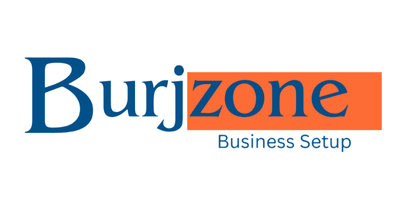Our Blog
Home / Blog
Setting Up Internal Controls for Your Business in Dubai
Establishing effective internal controls is essential for businesses operating in Dubai to safeguard assets, ensure accurate financial reporting, and maintain compliance with UAE regulations. Whether you run a startup in Dubai Marina or a growing enterprise in Business Bay, strong internal controls help prevent fraud, improve operational efficiency, and support sustainable growth.
This article outlines the key steps and best practices for setting up internal controls tailored to Dubai businesses in 2025.
1. What Are Internal Controls?
Internal controls are policies, procedures, and processes designed to:
Safeguard company assets from theft or misuse
Ensure accuracy and reliability of financial and operational information
Promote compliance with laws and regulations
Enhance operational efficiency and effectiveness
2. Importance of Internal Controls in Dubai Businesses
Dubai’s competitive market and regulatory environment require businesses to maintain high standards of accountability. Internal controls help protect your business from financial loss, regulatory penalties, and reputational damage while supporting decision-making.
3. Key Areas to Implement Internal Controls
Financial Controls: Segregation of duties, approval processes, regular reconciliations.
Operational Controls: Inventory management, process standardization, and quality checks.
Compliance Controls: Adherence to VAT regulations, corporate tax, and licensing requirements.
IT Controls: Data security, access restrictions, and backup procedures.
4. Steps to Establish Internal Controls in Dubai
Assess Risks: Identify business areas vulnerable to errors or fraud.
Design Controls: Develop procedures to mitigate identified risks.
Document Policies: Create clear manuals outlining internal control processes.
Assign Responsibilities: Ensure staff understand their roles in maintaining controls.
Monitor and Review: Conduct regular audits and update controls as needed.
5. Common Challenges and Solutions
Resistance to Change: Involve team members early and communicate benefits clearly.
Complex Regulations: Use expert advice to tailor controls to Dubai’s legal framework.
Resource Constraints: Prioritize controls with the highest impact first.
6. Role of Technology in Internal Controls
Leveraging accounting software, ERP systems, and automated workflows can streamline controls, reduce manual errors, and enhance monitoring capabilities.
7. Benefits of Strong Internal Controls
Reduced risk of fraud and errors
Enhanced accuracy in financial reporting
Improved compliance with UAE laws
Better operational efficiency and business insight
Final Thoughts
For businesses in Dubai aiming for long-term success, establishing robust internal controls is non-negotiable. By following these guidelines and regularly updating your control environment, your company can safeguard assets, stay compliant, and thrive in 2025 and beyond.
#InternalControlsDubai #BusinessComplianceUAE #DubaiAccounting #UAERegulations2025 #FinancialControlsDubai
#CorporateGovernanceUAE #BusinessRiskManagement #DubaiBusinessSetup #AccountingSystemsUAE #OperationalEfficiencyDubai
